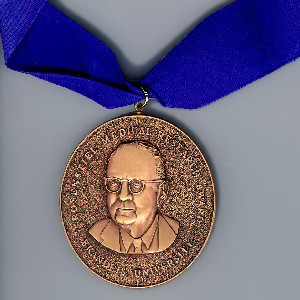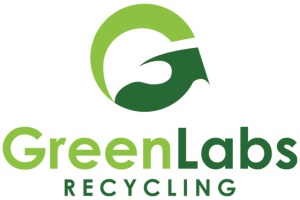
Several years ago, Brenda Lemos and David Waterman, at the time Brandeis graduate students working in Jim Haber’s lab, noticed that clean, polypropylene (#5 plastic) pipette tip boxes were being thrown away. Although never contaminated in the lab, these boxes are typically labeled “medical waste” and blocked from recycling, ultimately ending up in landfills. This is a problem given that 10 million pipette boxes are purchased each year and most often can’t be reloaded and reused. The boxes end up becoming part of the 6 million tons of plastic waste that are produced by 20,500 research institutions world-wide.
That is when the now Dr. Waterman and the future Dr. Lemos, created the GreenLabs Recycling program. Rather than the pipette boxes being disposed of in a landfill, they are now being diverted into recycling at the point of use by the people who are using them.
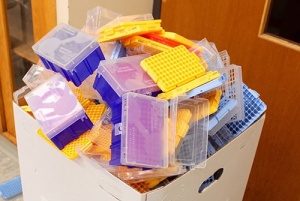 The system works this way: GreenLabs Recycling places recycling bins at participating labs. Scientists in the labs place the pipette boxes into the recycling bins as they are used. “Participation in this program has been great. Other scientists understand the importance of recycling these materials,” David said. Brenda and David collect the bins and bring the materials back to a facility in Acton. There the boxes are sorted by cleanliness, color and type of plastic. After sorting, the boxes are granulated and used at local manufacturers. They prefer to use Massachusetts-based manufacturers in order to reduce the environmental impact of shipping the materials.
The system works this way: GreenLabs Recycling places recycling bins at participating labs. Scientists in the labs place the pipette boxes into the recycling bins as they are used. “Participation in this program has been great. Other scientists understand the importance of recycling these materials,” David said. Brenda and David collect the bins and bring the materials back to a facility in Acton. There the boxes are sorted by cleanliness, color and type of plastic. After sorting, the boxes are granulated and used at local manufacturers. They prefer to use Massachusetts-based manufacturers in order to reduce the environmental impact of shipping the materials.
They are currently collecting lab plastics at five locations – Brandeis, other universities, and small and large biotech companies in the area. They expect to be soon working with two additional locations.
What are the future plans for GreenLabs Recycling? David said that they would eventually like to take the recycled plastics and manufacture their own long-lasting, permanent products such as trash cans, recycling bins, and non-disposable office products.
David credits the Brandeis Innovations Sprout Program and Icorp™ Program for their support. “They have been a huge help”, he said.
GreenLabs will be participating in the Mass Innovation Nights event on Thursday, March 14. This event will be held from 6:00 to 8:00 PM at the Faculty Club and features new, innovative products from Brandeis students, alumni, and staff. This event is free and open to the public.


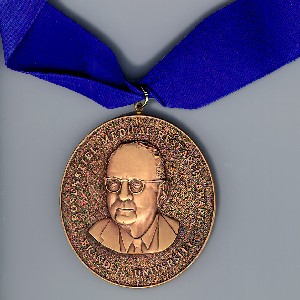
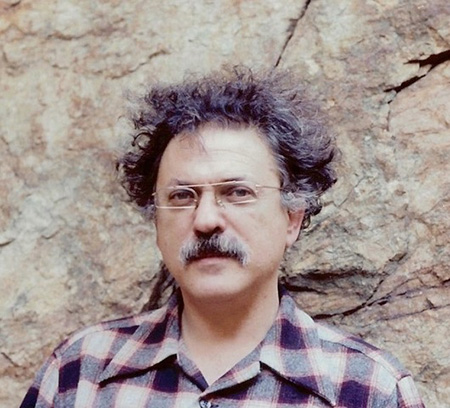
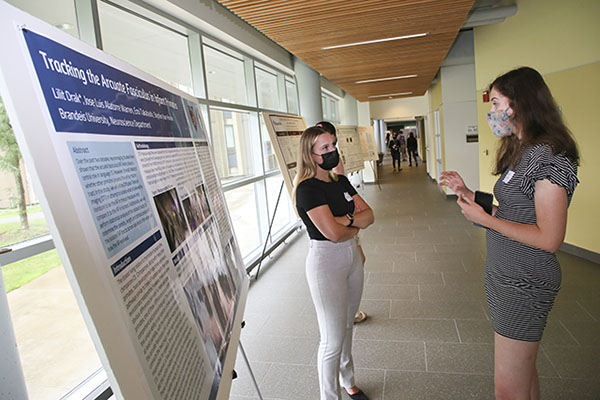
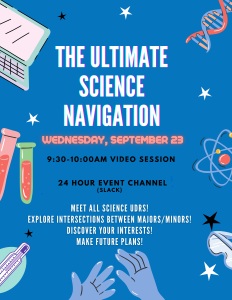
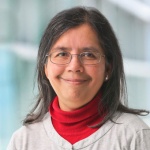

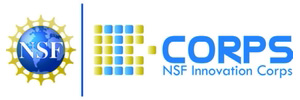

 The system works this way:
The system works this way: 